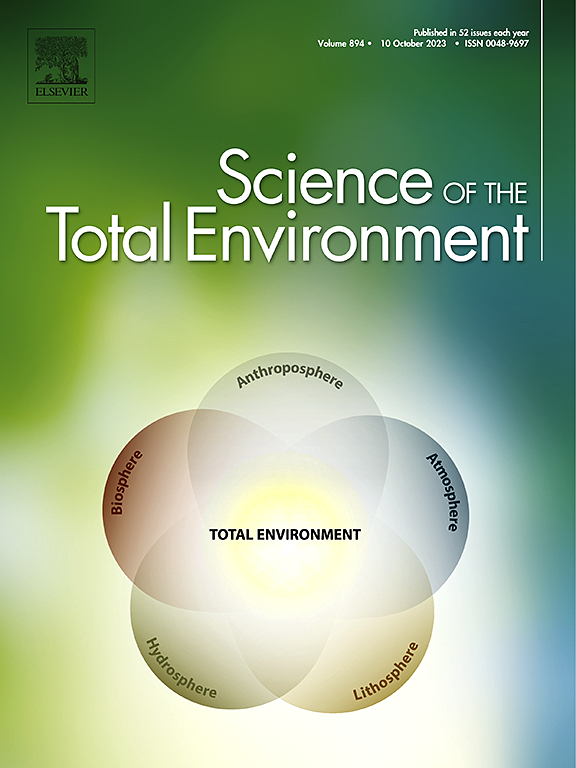Does participation in agri-environmental schemes increase eco-efficiency?
Lajos Baráth, Zoltán Bakucs, Zsófia Benedek, Imre Fertő, Zsuzsanna Nagy, Enikő Vígh, Edit Debrenti, József Fogarasi
Highlights
There is potential for enhancing eco-efficiency of Hungarian crop farms.
No differences in eco-efficiency between non-participating and participating farms
Results are stable irrespective of the method applied or the timespan analyzed.
Results pose questions about the efficacy of the Agri-Environmental Scheme
Abstract
The literature on the effectiveness of Agri-Environmental Schemes focuses mainly on the environmental effects; only a few studies have focused on economic aspects. The number of papers that address ecological and economic outcomes simultaneously is even more limited. In this paper, we apply the concept of eco-efficiency to integrate these two factors. The aim of the paper is to analyze the impact of participation in the agri-environmental scheme of Hungarian field crop farmers in terms of eco-efficiency. To make unbiased and consistent comparisons we use advances from aggregation and bootstrap theory in Data Envelopment Analysis (DEA) context. The results indicate that there exists a significant potential for enhancing eco-efficiency in Hungarian crop farms. Furthermore, our results reveal that, in terms of eco-efficiency, perceived as the relationship of farm income to pesticide, fertilizers and energy use, no significant differences exist between participating and non-participating farmers. The results are robust to different methods. Our results pose questions about the efficacy of the Agri-Environmental Scheme.


